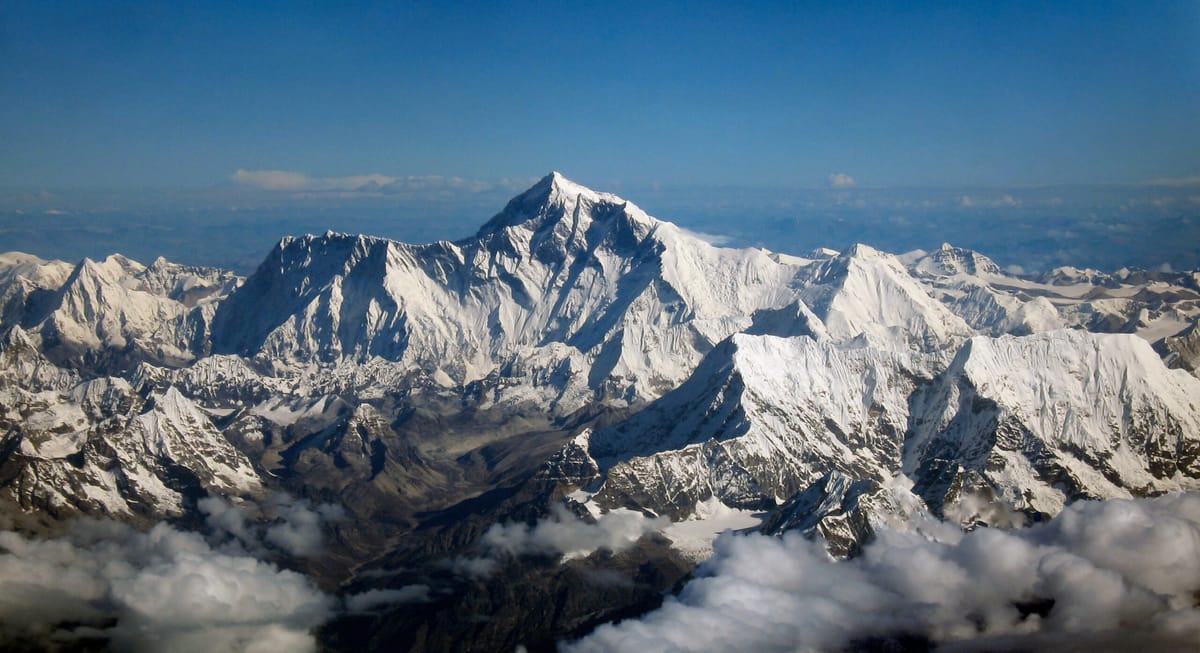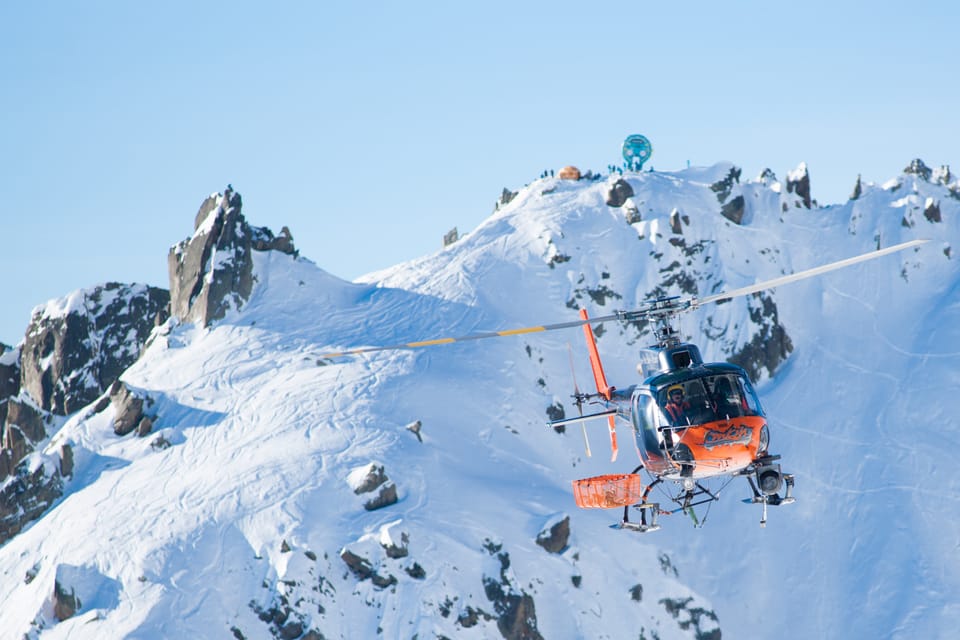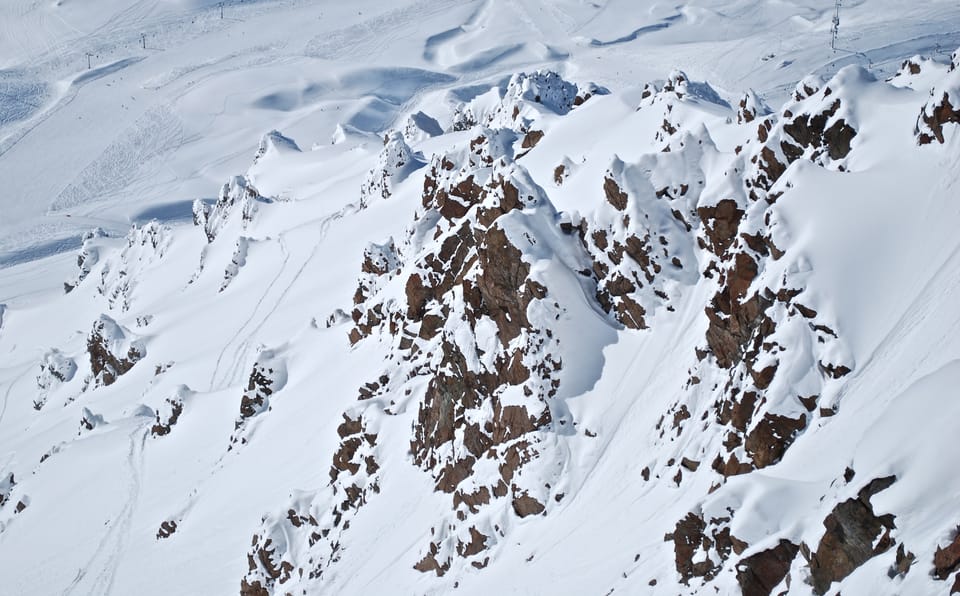#SaveOurSnow Campaign Launched to Mark 70 Years of Conquest of Everest

The International Centre for Integrated Mountain Development (ICIMOD) has marked the 70th anniversary of the first summiting of Mount Everest by Tenzing Norgay and Edmund Hillary by launching a fresh call on governments of the world to decarbonise now.
Anyone who love mountains is asked to share stories and pictures from mountains around the world, highlighting climate impacts using the hashtag #SaveOurSnow They are also invited to sign a declaration calling for a strong commitment to decarbonise.
Global temperature rises are jeopardising Everest and the Hindu Kush Himalaya (HKH) region, which extends 3,500km across eight countries. In the next 70 years, under the current emissions scenario, scientists project that two-thirds of glaciers in the region will disappear.
“Everest is changing, fast. Over the years I have witnessed with my own eyes how the mountains are being affected by climate change and at unprecedented speed. The melting of glaciers is making mountains more dangerous for climbers, and more importantly, it’s jeopardising the lives of the billions of people depending on its resources,” said ski mountaineer Killian Jornet.
ICIMOD report that the 79 glaciers that surround Everest have thinned by over 100 metres over the last 60 years with the rate of thaw doubling since 2009. The iconic Khumbu glacier, where many Everest expeditions, including Hillary and Tenzing’s, is close to melting away. Two-thirds of glaciers in the region are predicted to have vanished by 2090 if climate change continues at its current rate.
The Save Our Snow campaign comes at the start of the United Nations ‘Five Years of Action for the Development of Mountain Regions’, which was declared in a resolution co-sponsored by 110 Governments and in recognition of the importance of protecting mountain people and environments from climate change and other ongoing global challenges.




